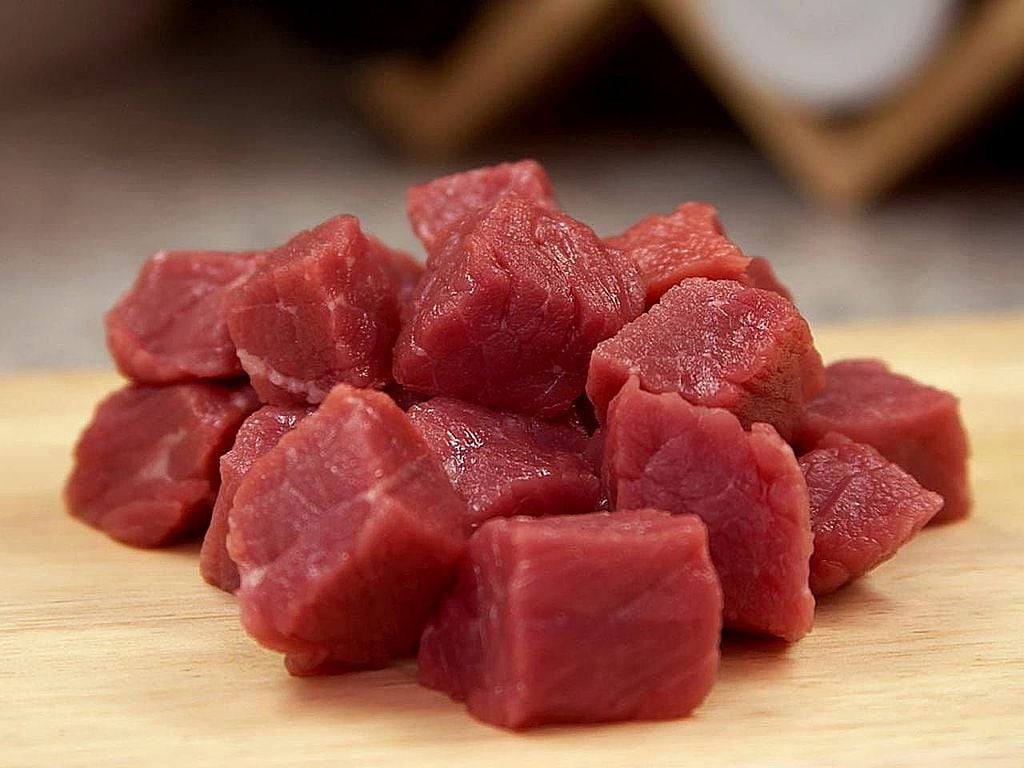A survey of British consumers in time for Veganuary found that more than a quarter (26%) would eat more meat-free products if they were confident they tasted good, with taste (17%) and texture (16%) cited as the top reasons putting them off.
Despite this, more than half of Brits (52%) said they had eaten a meat-free product. The past two years saw the number of consumers looking for meat-free options grow 6.5%, with the category now worth £531m.
Health and environment
Health and environmental factors were the biggest driving forces behind purchase – 37% and 31% of consumers cited these reasons respectively.
When it came to meal occasions, consumers were more likely to serve up meat-free dishes for dinner (38%) and lunch (23%). Pilgrim’s Food Masters said this was further evidence that, while new product developments had focused on the dinner table, lunch times – as well as snacking and breakfast – were underserved.
In fact, new product development seemed to be the key behind driving growth, as 11% of respondents stated they’d purchase more meat-free options if there were more flavours available and a wider variety of proteins used.
Consumer appetite
Conor Lowry, category controller at Pilgrim’s Food Masters, added: “We know there's clear consumer appetite for meat-free products driven by sustainability and health needs. But we know consumers still have barriers around perceived taste and texture and as a category we need to continue to raise the bar and deliver against expectations.
“Listening to consumers and responding to their needs is crucial to enable the category to reach its full potential. Consumers expect more in 2023 so continued development is key.”
Pilgrim’s Food Masters’ research echoed observations by Dr Kang Lan Tee and ReNewFood in our exclusive podcast on alternative proteins.
The taste of meat-free options and a lack of understanding over the safety of alternative proteins were key reasons why consumers were not widely adopting these products.





